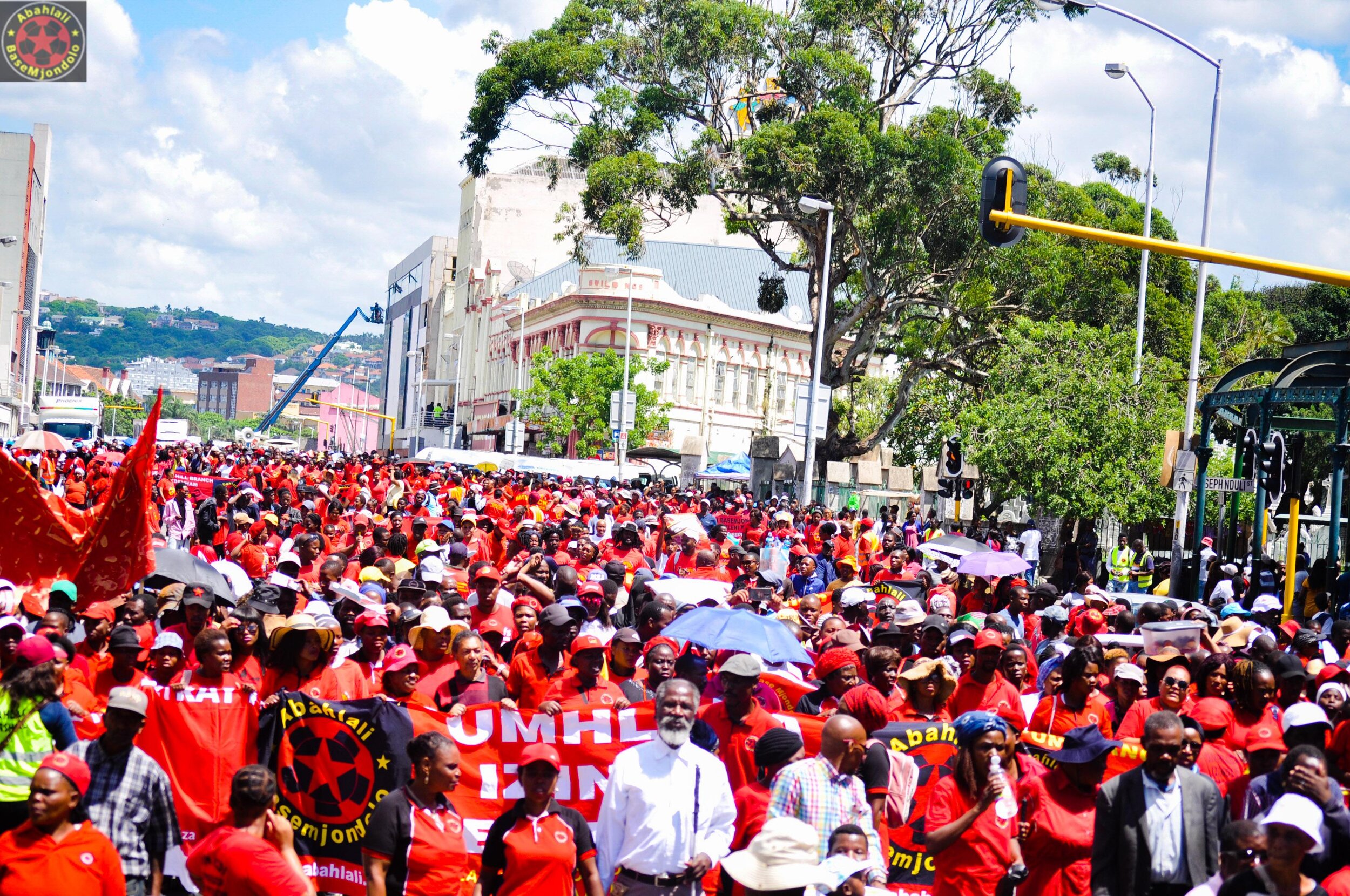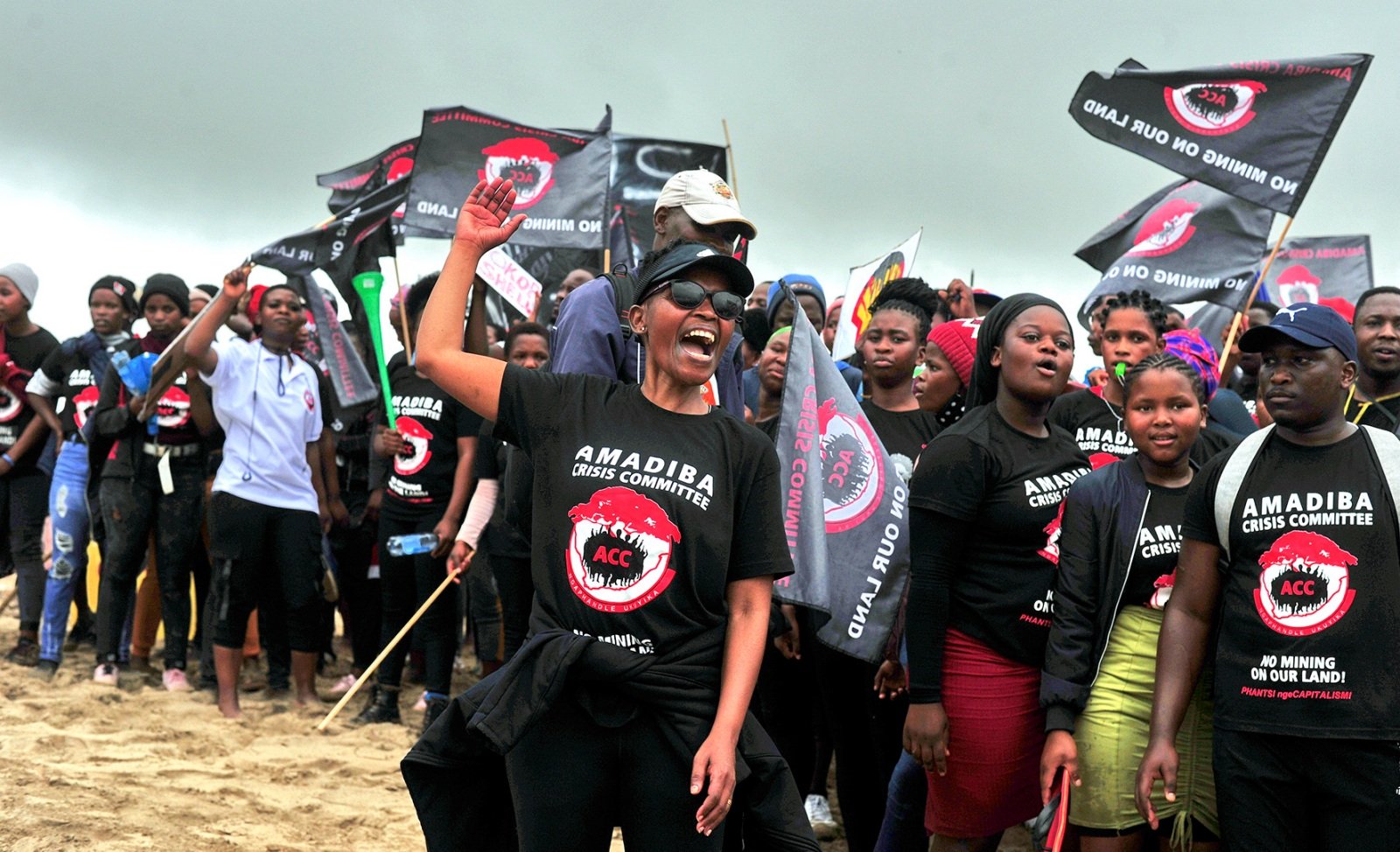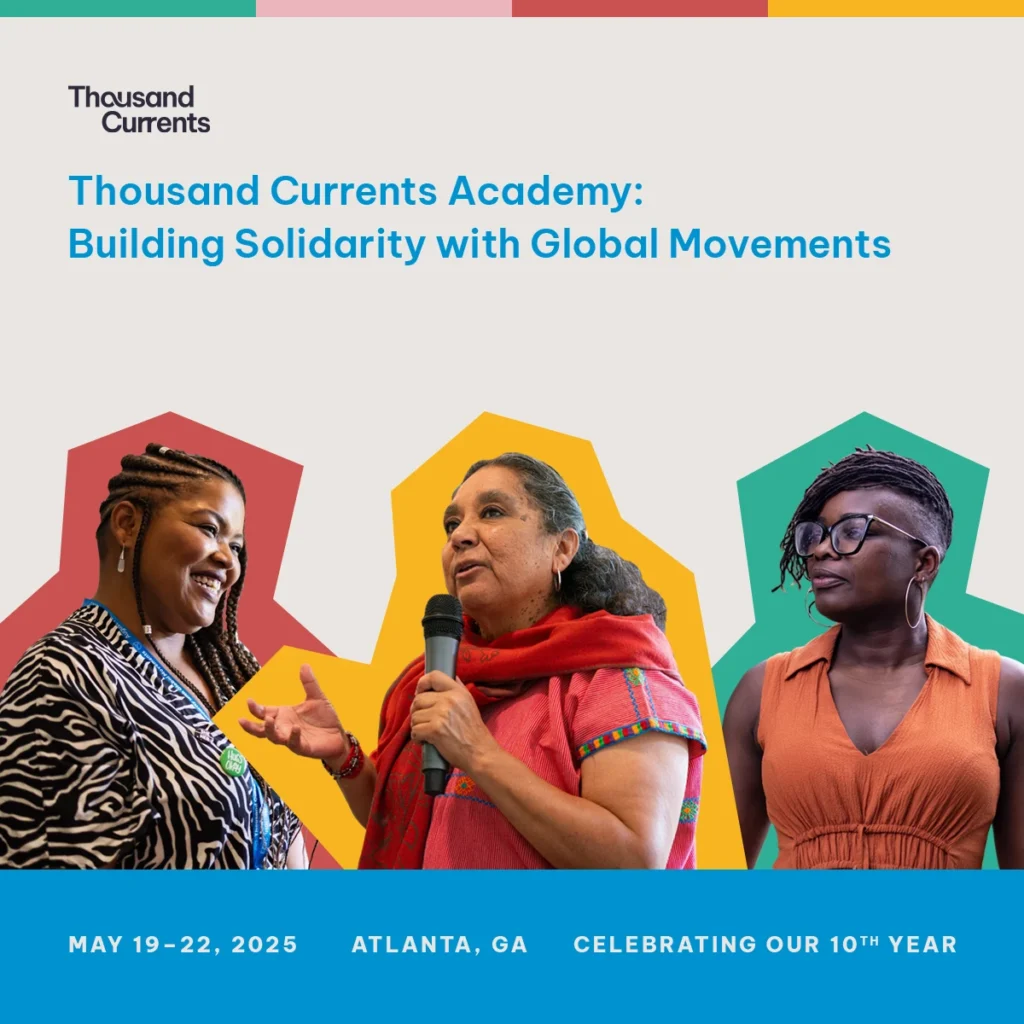The Fight for Land and Territory in Africa: Stewardship, dispossession and resistance

Guest post by Rudo Chigudu
The communal and cultural wealth of the Maasai people was once linked to the land that supported them. Maintaining the health of that land had everything to do with the preservation of culture, tradition and home. Such an intimate connection made them de facto stewards of the land, conservationists without title or designation.
The Maasai people have endured many threats. In recent decades the most serious threats have come in the form of climate change, conservation laws, and more recently, foreign investment. As vast areas of land have been deemed “protected” or transferred to new owners, the Maasai have been driven into smaller and smaller areas, creating a map of confinement that is as stifling as it is foreign to them.
The realities of the Maasai are not unique to them. Across Africa we continue to witness the perpetuation of colonial land control practices by individuals and governments. The agreements made at independence in most countries were designed to serve the interests and property rights of the colonial powers, foreign companies and investments. As independence was approaching, the policies put in place in most African countries were designed to protect African bourgeoisie and individual and corporate property taken during the period of colonialism by the colonial powers. The rights of emerging landlords under these policies moved to the fore as those of dispossessed landworkers faded into greater obscurity.
This kind of land dispossession and loss of territory continues today as the culture of accumulation by corporations and people with wealth deepens. More and more land dispossession is framed in developmental terms, as a necessary process for the ‘greater good’. The eviction of communities in order to make way for industry, commercial agriculture, tourist initiatives or ‘promoting conservation interests’ such as establishing national parks are some examples of how this dispossession plays out. Securing land and preserving territory remains a constant challenge in Africa as a growing number of people become landless.
Land dispossession is not going unchallenged though. Movements and organisations on the continent are actively strategizing and resisting. An example of one such movement is Abahlali baseMjondolo (ABM). ABM is a democratic social movement of shack dwellers and the poor in South Africa who are fighting for land, housing, and dignity by mobilizing landless people and building power from below. Founded by 14 communities in 2005, the movement is now made up of 70 community chapters with a total membership of approximately 75,000 people living in the provinces of KwaZulu Natal, Gauteng, Mpumalanga, Eastern Cape and Western Cape. ABM makes strong connections between landless-ness and experiences of poverty and lives of indignity. The situation that members of ABM are in and are resisting is a consequence of landless-ness resulting from dispossession and displacement.
Despite the levels of contestation and violence directed at ABM because of their work, the communities of ABM continue to resist, illustrating how important land and territory is to displaced and dispossessed communities. On the other hand the violent assaults perpetrated by the industrial sector and those that hold wealth, along with vast territories of land, similarly demonstrates the value of land and territory, albeit exclusively for profit in this case.
Even with violent dispossession, displacement and coercion there is, similarly to ABM, resistance and attempts to preserve and defend land and territory in other parts of Africa as well. Zimbabwe offers one example. The fast track land reform program that took place in Zimbabwe in 2001 was an attempt to rectify colonial policies of expropriation from the 1930s that had given a minority of white farmers ownership of large areas of arable “commercial” land, while a majority of Black families lived in overcrowded, difficult to farm on “communal areas”. In a write-up of a past event by La Via Campesina (a Thousand Currents movement partner), Zimbabwean peasant leader Elizabeth Mpofu once reflected on the land redistribution process. She described how the movement was accompanied by spiritual healers, traditional leaders, and former liberation fighters, speaking to the importance of land and territory to the lives of communities not just for its productive capacity but also for its cultural and spiritual significance.
The struggle of losing home that comes with dispossession and displacement, the separation from ancestral land and the distancing from heritage is deepened further for some by the reality that a significant proportion of the dispossessed have become land workers on these stolen lands. Forced to contribute instead to the financial gain of exploitative industrial interests, they work as laborers on farms, mines and industries. The illusion that dispossession ended with flag independence in countries across the continent must be shattered. What is imperative are sustained efforts to restore, to whatever extent possible, the cultural connections, human dignity and sense of home and belonging of African peoples that they are being robbed of in the furthering of capitalist interests.
Follow the conversation with us by catching up with our Chop It Up series. Watch back this event here.
Related Stories




